Finally understand what’s causing your muscle weakness, numbness, or tingling with precise EMG testing.
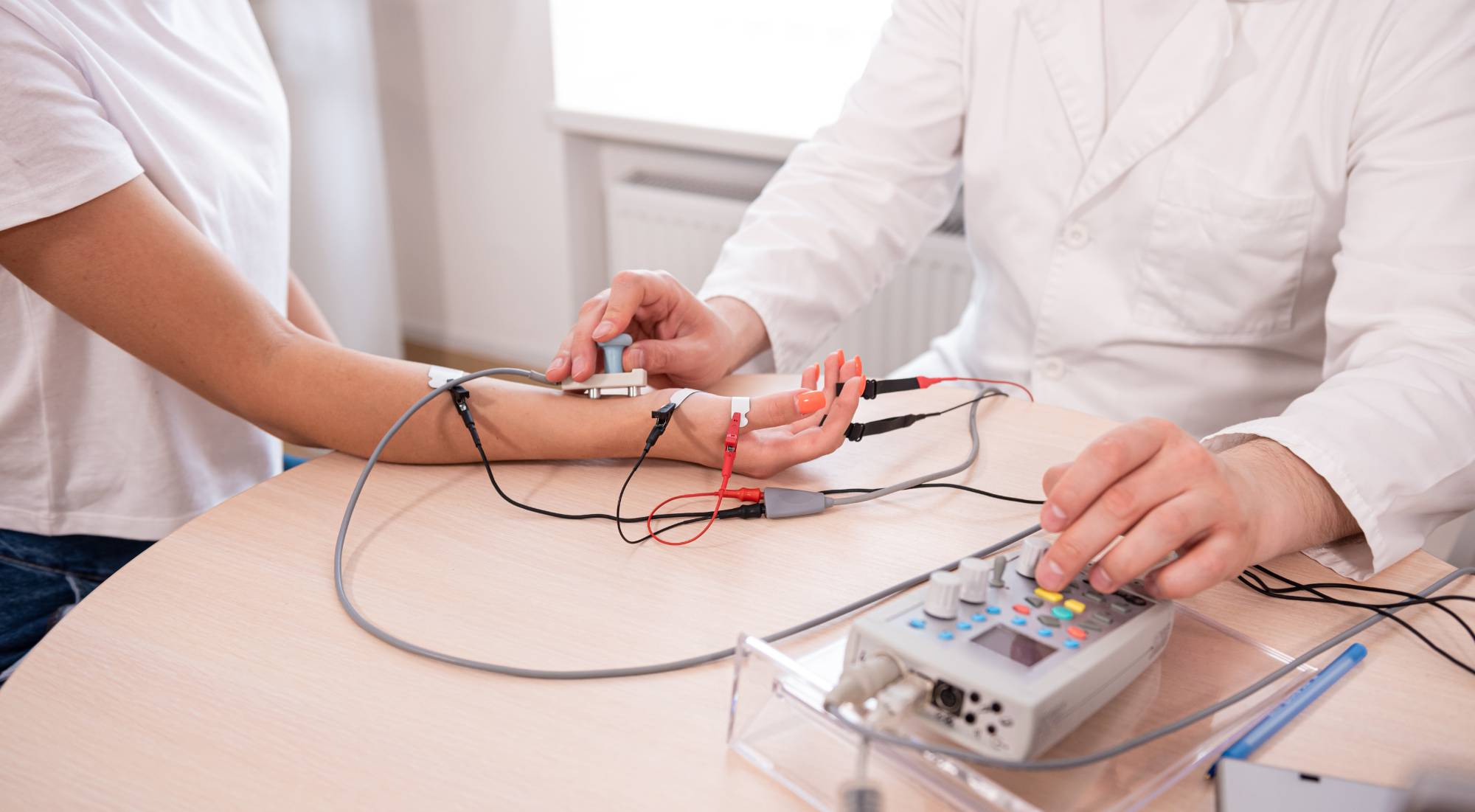
Reviews
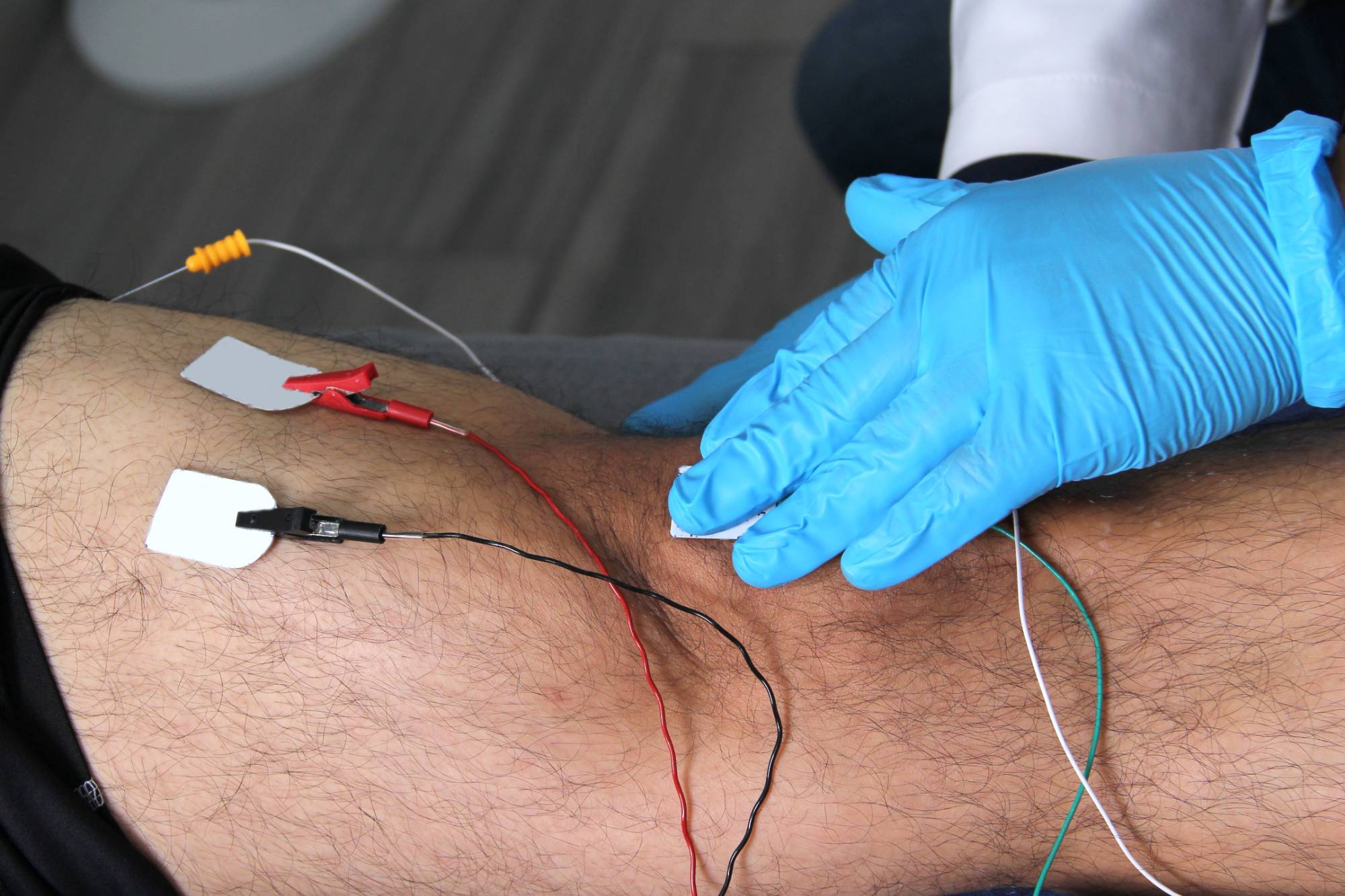
You’ve been dealing with symptoms long enough. That numbness in your hands, the muscle weakness that’s getting worse, or the tingling that won’t go away – you need real answers, not more guessing.
EMG testing gives you those answers. When the test is complete, you’ll know if you’re dealing with carpal tunnel syndrome, a pinched nerve, diabetic neuropathy, or something else entirely. No more wondering if it’s serious or if it’s all in your head.
Your symptoms are real. The right diagnosis means you can finally move forward with a treatment plan that actually addresses what’s wrong, instead of just managing symptoms that keep coming back.
We’ve been helping North Sewell Park residents get accurate diagnoses for nerve and muscle disorders for years. Our specialists understand that when you’re dealing with unexplained symptoms, you need more than just a test – you need someone who can interpret what those results actually mean for your life.
We’ve seen thousands of EMG tests. We know the difference between a compressed nerve that needs immediate attention and muscle fatigue that responds to conservative treatment. When you leave our office, you’ll understand your condition and what comes next.
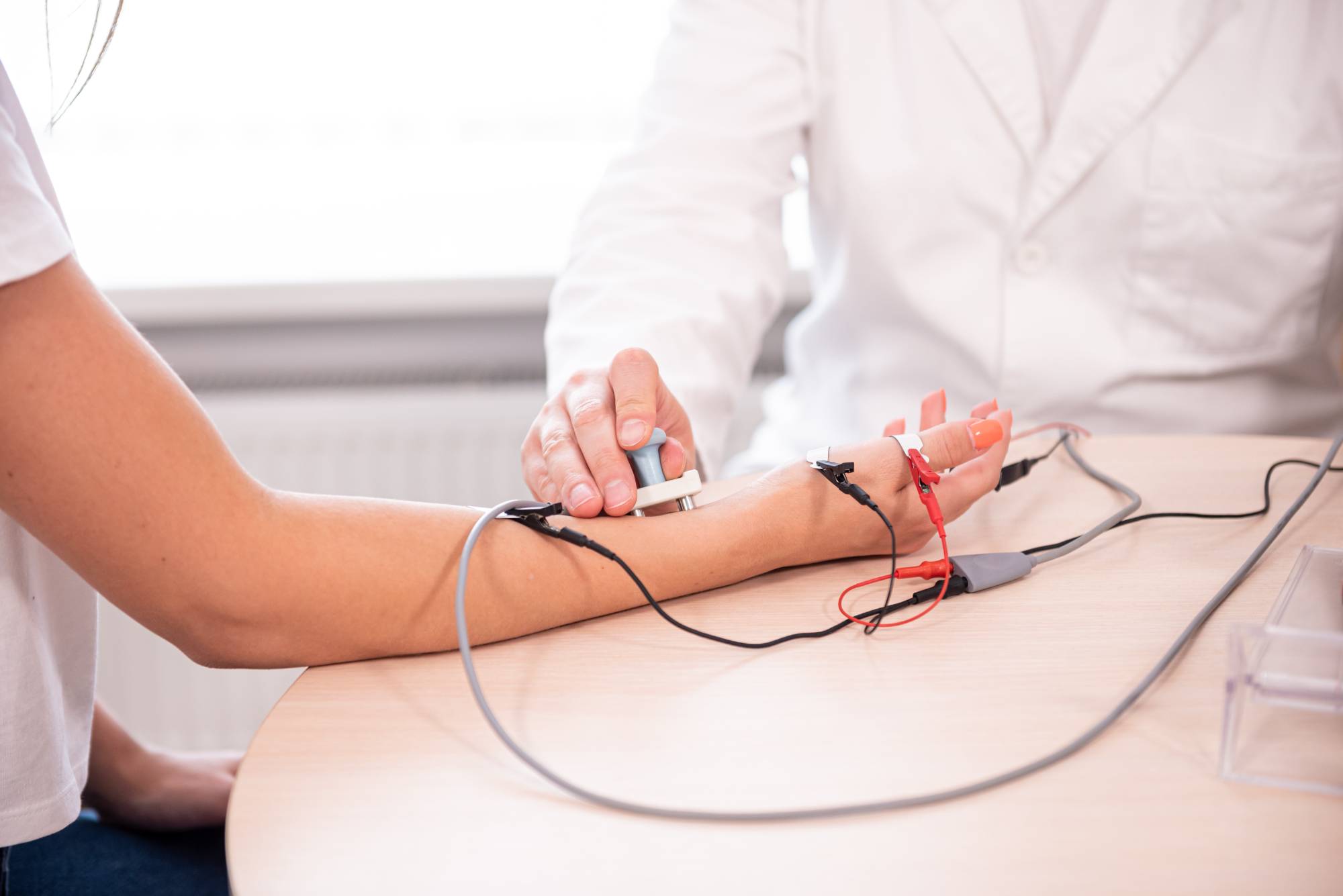
Your EMG test starts with a consultation about your symptoms and medical history. We need to understand when the problems started, what makes them better or worse, and how they’re affecting your daily life.
The actual electromyography testing involves placing small electrodes on your skin to measure electrical activity in your muscles and nerves. For the nerve conduction study portion, we send mild electrical pulses through specific nerves to see how well they’re functioning. Most people describe it as uncomfortable but not painful – like a quick pinch or rubber band snap.
The entire process usually takes 30-60 minutes depending on which nerves and muscles we’re testing. You’ll get your results the same day, along with a clear explanation of what we found and what it means for your treatment options.
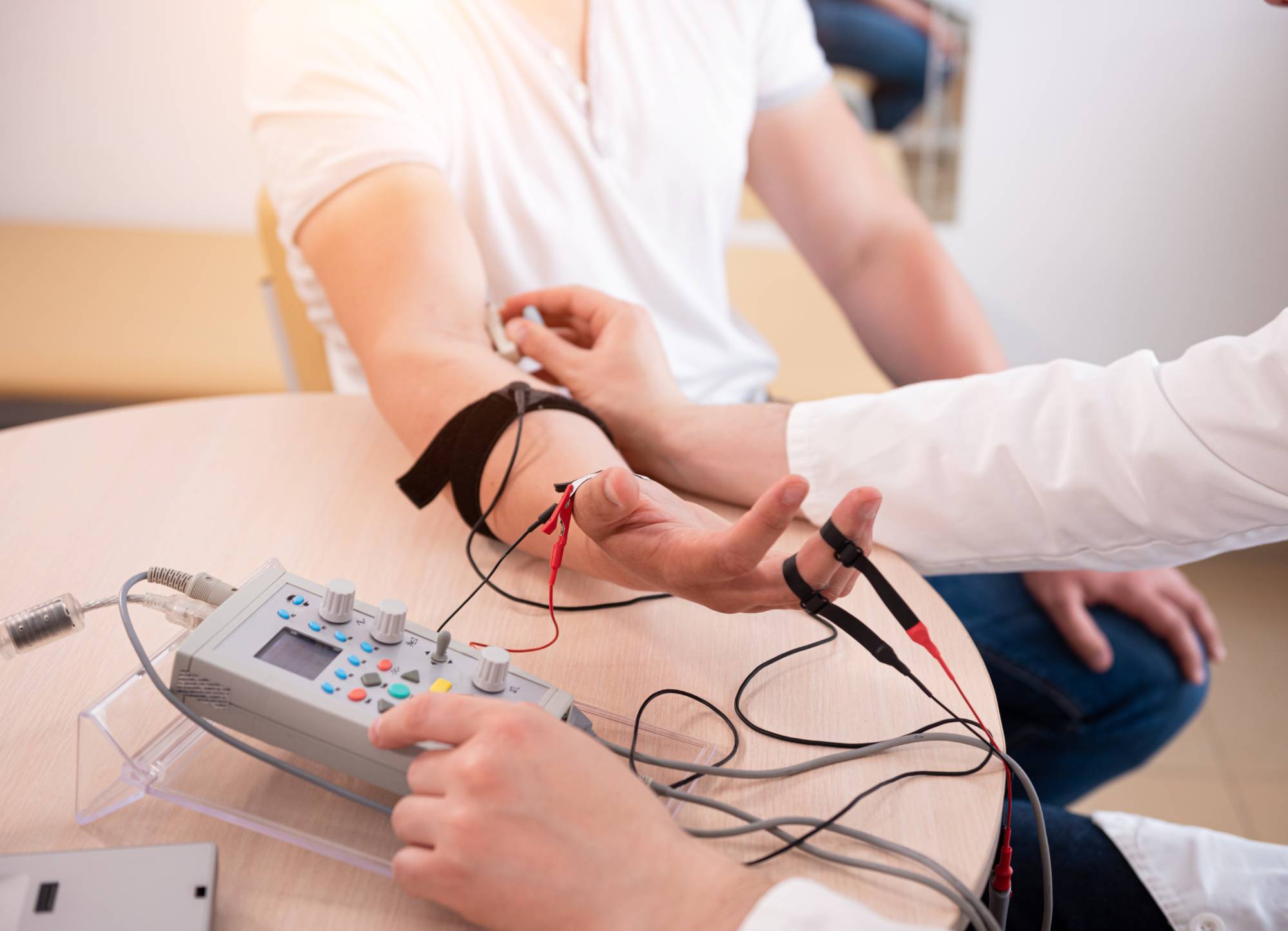
Ready to get started?
Your EMG testing includes both electromyography and nerve conduction studies – two different tests that give us a complete picture of what’s happening with your nerves and muscles. The nerve conduction study measures how fast electrical signals travel through your nerves, while the electromyography portion evaluates the electrical activity in your muscles.
We test the specific areas where you’re having symptoms, whether that’s your hands and wrists for suspected carpal tunnel syndrome, your back and legs for possible sciatica, or other areas based on your particular situation. The testing is thorough enough to catch conditions that might be missed with less comprehensive approaches.
You’ll receive a detailed report that explains the findings in terms you can understand, plus recommendations for treatment based on what we discover. We coordinate with your referring physician to make sure everyone’s on the same page about your diagnosis and next steps.
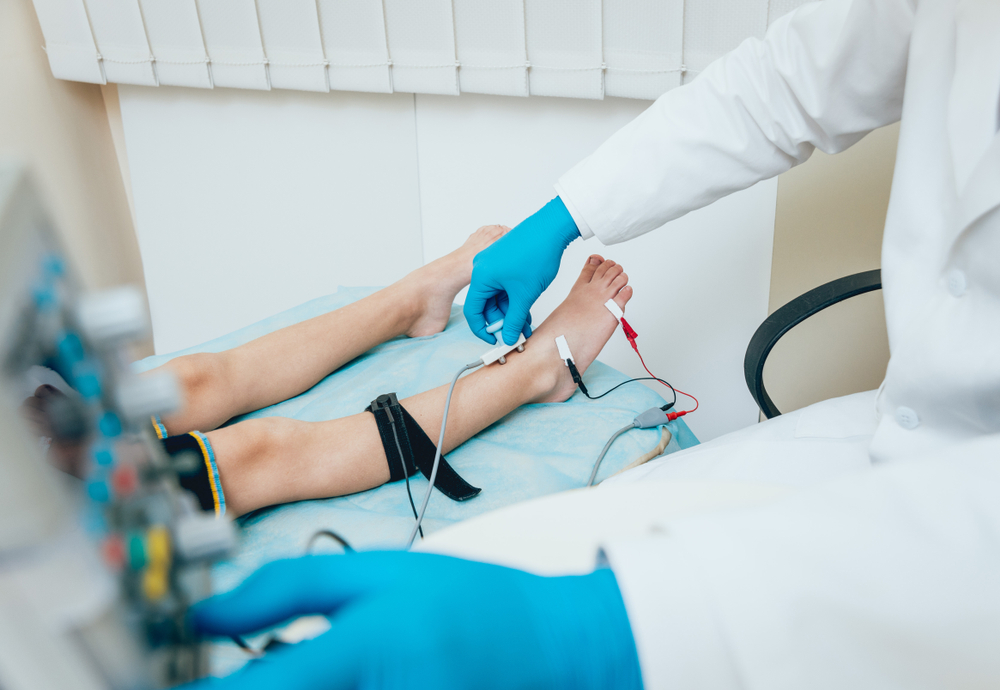
New York:
Florida:
Support